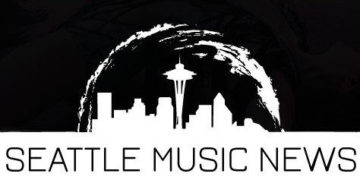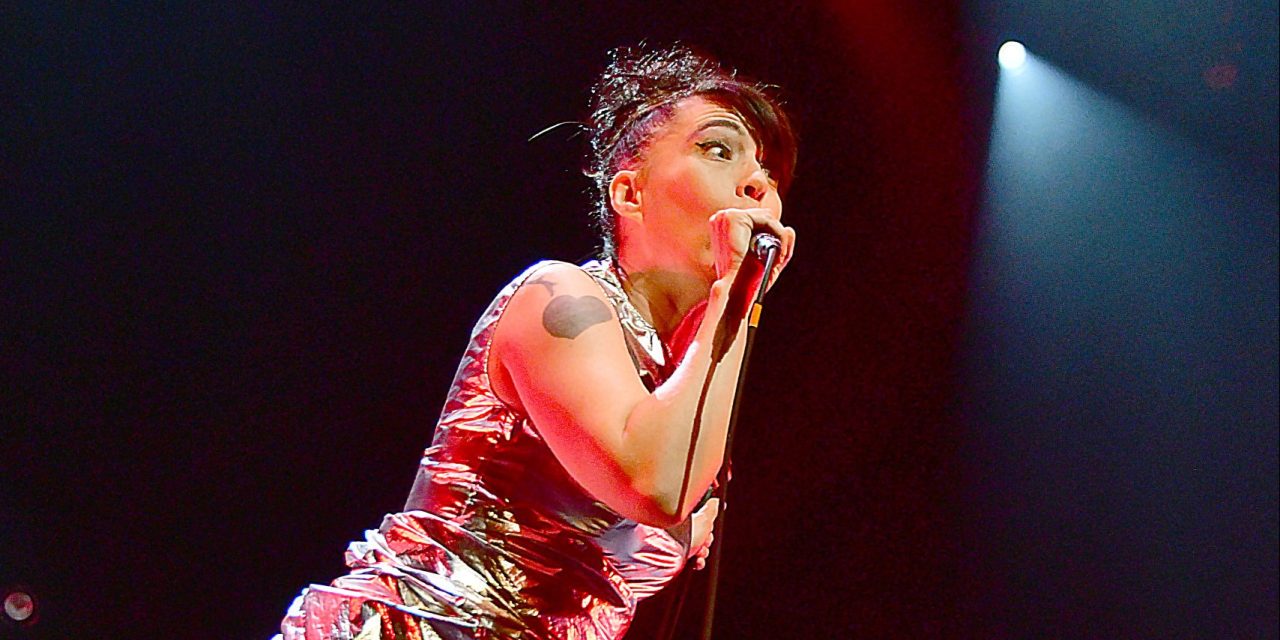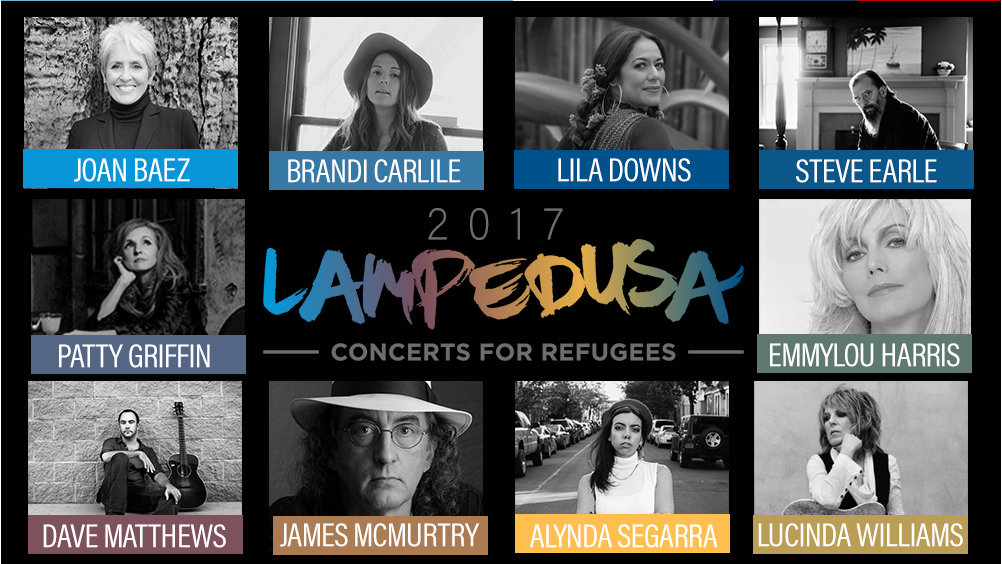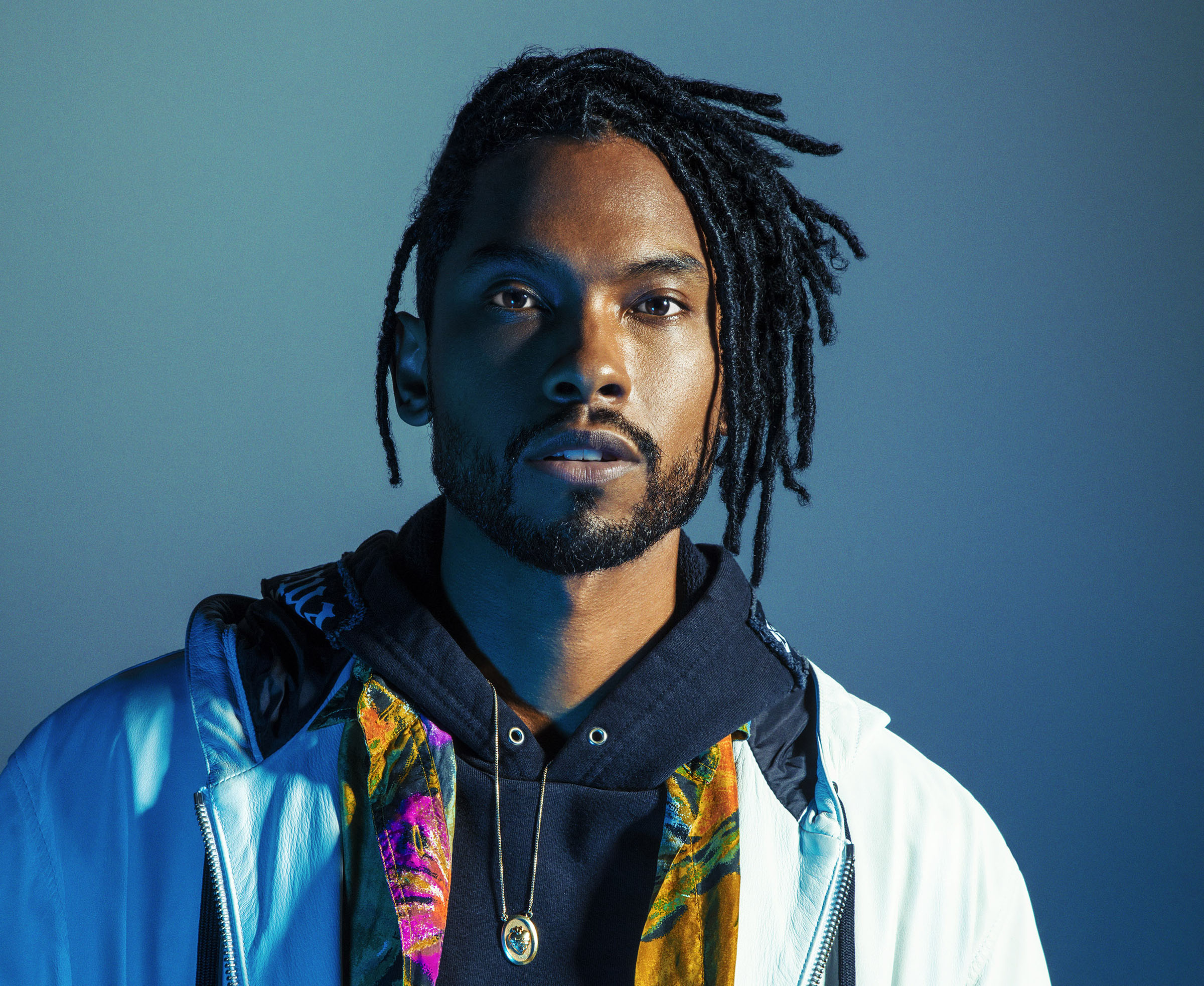Interview: Kathleen Hanna of Bikini Kill
04.01.22
I could regale you with countless sayings about good things coming back around (or not good things if you were there the first time low-rise jeans were a thing), but instead I’ll just say Bikini Kill is back. And they’re as angry as ever.
Though they’re not landing at Redmond’s Marymoor Park until September 17th, the legendary feminist punk band has been on the road since April, circling the globe for their too-long awaited international tour (thanks COVID). It was back in 2019 that the group played their first full shows in 22 years, to sold out crowds no less, before getting sidelined by a global pandemic that took a major toll on the music industry.
As the band prepared to get practice underway for the 2022 tour, we had the chance to chat with vocalist Kathleen Hanna about what she’s been up to and what’s in store for the now multi-generational fans of this iconic band.
SMN: Hi Kathleen! Everyone here is stoked you’re finally making it back out on the road after 20-plus years.
Kathleen Hanna: (Laughs) I’m Rip Van Riot Grrrl! I was sleeping the whole time. I was in a cave hibernating.
SMN: In 2019, you came back out, played a few shows, were ready to get back out there and then the world shut down. How are you feeling now, 2+ years later, as you get ready to go back on the road?
KH: I’m psyched! I wanna see people. I wanna travel again. I feel like I’m most myself when I’m on stage and I haven’t been myself for a long time. Being able to be who I am in front of a bunch of people feels really good. I don’t have to hide anything, and I can feel the joy in the anger instead of just the frustration.
I feel like if I stay in any longer with how horrible the state of the world is, I’m definitely gonna develop some kind of awful problem, and get in a really bad place. It’s easy to turn the anger in on yourself when you don’t have an outlet. I do have some really great creative outlets that aren’t on stage but the best one for me is really singing into a microphone, so I’m psyched.
The thing is, that at the beginning of COVID, we were in Portland rehearsing, and we were a well oiled machine ready to fucking go and then it got called a day or two before. But we were ready.
SMN: It was a bummer for everyone! But what have you been doing in the meantime?
KH: I was super disappointed. But we all thought it was only gonna be a few months. I thought I could see my friends, still work on music, and I could do more stuff with my t-shirt business, where we sell shirts for $40, because that’s how much it costs to send a young woman to school in Togo, West Africa. And so each shirt sends a girl through school.
And when we were first home I was like I’m also gonna do a fundraiser on Cameo. I was like, “ok I’m stuck here, what can I do?” So I signed up on Cameo and did this fundraiser for Peace Sisters, the organization I’m an ambassador for, and it was the weirdest thing to do when you’re in lockdown, making these video calls to people you don’t know. But I got so many requests. I had no idea.
It was sort of like the Bikini Kill shows that did happen, that had been selling out. We had no idea that was gonna happen. You just don’t know. I mean, when you’ve been gone for 20-something years, maybe people don’t care, they think you’re old and it’s embarrassing. I don’t know. People are ageist, whatever. But I ended up doing this Cameo thing and I just locked myself in a bathroom for like two weeks and made all of these really weird videos like “congratulations on your MFA, sorry about COVID,” and just like singing songs to them. It was the weirdest experience. But I did make like $20k for the nonprofit, so I was really happy about that. But it was so the opposite of being in Bikini Kill.
SMN: I feel like we were all just trying to fill a weird void for a couple years. Are you feeling like your motivation to get out there and play shows now has changed at all?
KH: I mean, I think the political climate being like diarrhea in a bag is pretty much a great motivation to get out there and be on stage and be with other people who are sad and angry and want things to change. Or maybe they are a part of change and don’t feel validated. It was really bad two, two and half years ago when things shut down and our tour got canceled… and it’s worse now. It’s like, when you don’t think it can get worse and then find there’s a level lower than hell. I think we’re in that level that’s way lower than hell.
To be creating community, even if it’s just in one room for one night, feels really important; feels really kind of magical and I’m definitely motivated. We’re starting rehearsals on Monday so I’m preparing for the band to come. Getting their beds ready. And I’ll really feel motivated when we start getting tight and sounding good. We’re not at that place because we’ve all been separate for so long.
SMN: When you are in that community, sharing that space, with original fans and maybe even some of their kids…
KH: Yes! There’s a lot of mommy and me that’s gonna happen on this tour.
SMN: How do you feel about having a now-intergenerational impact?
KH: Well, if they’re too young, I feel bad that I’m cursing so much! Sometimes I look out and I see the young ones and I think, “Oh, I don’t know if they’re ready for this!” But when I was 20 years old, I probably wouldn’t have even noticed.
But yeah, to me the intergenerational thing is really key. I don’t know what 15 year olds are taking away from it because I’m just not that age anymore. But I do know that looking out and seeing people ranging from like 13-65 is a really powerful feeling right now. Everything right now is like “ok, Boomer” and “Millennials are lazy” and the culture is really shoving it down our throats that different generations all hate each other.
Which is great for horrible corporations because they’re like, “Ok, here’s how we can market our products to Boomers by making fun of Millennials and vice versa.” By separating everybody by age group it’s really reinforcing ageism in both directions and I don’t hear a lot of talk about that. The jokes about younger people being entitled spoilsports and shit, that’s harmful to the people who are gonna change the world for the better.
We need them. I need them. I need to hear what young people have to say even when I disagree with it. I need to hear what their experiences are and listen. It’s valuable. A lot of them really are leading the way. But when we get cut into these marketing groups, pitted against each other and we fall for it and then we all go on social media and create content that is basically just supporting capitalism, it’s sad.
So when I look out in an audience of young teenagers all the way up to people in their 60s, I feel like even if the show sucks, to get that group of people in a room together is an achievement. I just feel really, really lucky to have had the longevity. It’s not like everyone is necessarily there talking to each other and forming these bonds but it does give me a lot of hope to see people of different generations dancing together and respecting each other just in physical space. I think that’s such a healing thing that can’t happen on the internet and that is important for right now.
SMN: It’s definitely a continuation of a conversation and less of a disconnection than we’re made to believe.
KH: Plus, think of all the great fashion ideas people are gonna get! I can’t tell you how many times I’ve seen a 15 year old wearing a color combination I never thought of and have been like, “Oh, I’m gonna do my version of that, that’s really cool.” Or the big glasses trend that came from older women? I mean, any kind of cross pollination that happens, where we admire each other even from afar. I just think it’s really cool
But really, looking across the room and wondering what someone else has been through, or who’s taking up space. Or way back when, when we brought up the idea of girls to the front, of who’s taking up space. And we don’t need to say that anymore because people are already like “Hey I’m a straight white guy, I’m really tall, I’m gonna stand further back,” and that’s really nice. And now saying girls to the front doesn’t mean the same thing, because who identifies as a girl? I don’t know. I can’t point that out by looking at someone. That’s not my job. I’m not gonna be the gender police. It’s not 1990 anymore. And to see people just having an awareness of the room, and being kind to each other… I’ve seen people being extremely kind to one another and no matter how corny it is, right now, just having someone be nice to you at the grocery store feels big.
SMN: A couple years ago you said there’s no plans for any new music. Does that still hold true?
KH: Yeah, I think that what people want to hear is the stuff that they know. And since we don’t all live in the same place, the idea of writing together…If it happened, it would have to happen naturally and in the context of touring. I mean, that’s how Bikini Kill always wrote, we would write like 10 or 12 songs and tour them before we recorded and then we would go into the studio and take two days to record an album. That’s probably also why some of them don’t sound that great. But you didn’t hear that from me.
I think that we would get bored on the road and then write new songs because we were bored. I could see us getting bored and writing a song now, but because of the pandemic and everything getting shut down, we haven’t had the chance to get bored yet with what we’re doing now. The old songs are still very fresh to me. I’m singing them with a brand new gusto.
I need those songs. It’s not that I’m some super altruistic person who’s saying, “Oh, I wrote these songs for you, to make you feel better.” I wrote them for me. I wrote a lot of these songs when I was 15 and dealing with a lot of shit and I wrote them for me in my 20s and I wrote them for future me and I wrote them as Post-it notes to kind of hang on the wall. And I need them. And I didn’t realize that really until the Kavanaugh hearings. There was something about that moment in particular that brought me back to Clarence Thomas and Anita Hill and how it felt like she was on trial and the way that she was treated.
And then recently with the judge confirmation hearings, you know, the white supremacy, the hate, the sexism, it’s all there. And to get on stage and have people applaud being really angry, and joyously angry, it’s important. We should all be really fucking pissed right now. We should all be sad and mad and confused. And I’ve always wanted to be somebody that you can play in the back while you’re planning your protest.
SMN: I’m sure that plenty of people have done that. What would you say to younger folks who are feeling these things but maybe don’t know how to express themselves?
KH: I’d say I think it’s really important to do what you love for something you love. I mean, I love playing music, I love writing music, and I’ll probably do it until I’m in my grave. I don’t necessarily love being an organizer. I can be an instigator. But I’m not really good at organizing meetings and stuff like that. But I found that music, when I mixed it with something that i really love, which is hopefully spreading the word about intersectional feminism and singing about experiences that aren’t always sung about, that I mixed something I love and deeply care about with something I love to do. And it’s not just for younger people!
If you’re passionate about saving the whales and you love gardening, find a way to mix those two things together. Because it gives you the passion of something that you really care about and the passion of something you love doing and I think that’s really why I’ve had longevity. And being able to switch things around. Like, maybe now your thing is watercolor painting, how are you gonna mix that with your saving the whales journey? Watercolors of whales that you can sell on the internet for your organization!
I wasn’t born to rock just to rock. Part of the reason I love doing music is because I love communicating. And I think that’s political in and of itself. Even if I’m not singing something about rape or domestic violence. But I have something backing it up so it’s not just empty and I’m not the Eric Clapton of singers. Everyone has something they’re upset or mad about. For me, I figured out very young that I wanted to do something about male violence and had a passion for ending it, and that’s what made me start making music and why I’ve kept at it.
SMN: Speaking of deeply caring… We gotta find out, if you were trapped on desert island, what book, movie, and album would you want with you?
KH: Wait, one koala baby? Did you say one koala baby? I can have a koala baby? Koala baby, that’s my answer.
(We’re both laughing now.)
My answer is I would have a koala baby. And I would have Isaac Hayes’ Live at the Sahara as my album. Wait, do I have a record player?
SMN: Sure. Whatever mode of listening you’d like.
KH: I would probably want Umbrellas of Cherbourg as my movie just because it’s so beautiful and I’d probably want the untranslated version so I could learn French while I was on the island so hopefully when I get picked up I can speak a new language. And then, god, the book. I mean, I want something really thick… but the book I’m reading over and over is What My Bones Know by Stephanie Foo. It’s about generational trauma and I just think it’s fucking genius even though it’s kind of a painful read. It’s so dense and so fascinating.
And a koala baby.
Well. There you have it folks. Grab your tickets for the show, and we’ll see you there!
Saturday, Sept. 17, 2022 | 7:15 PM
with Table Sugar
Marymoor Park, Redmond WA
Interview by Stephanie Dore
Photo by Dean Keim





